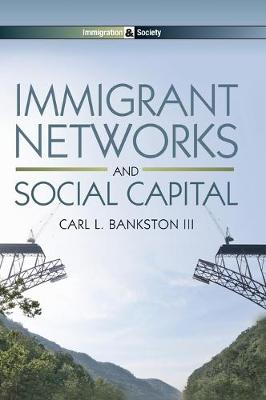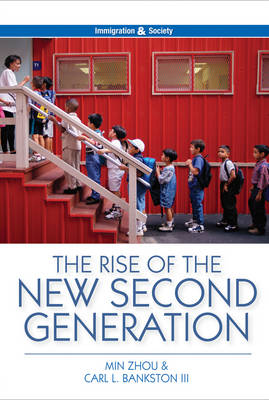Immigration and Society
2 total works
Choice Outstanding Academic Title for 2015
In recent years, immigration researchers have increasingly drawn on the concept of social capital and the role of social networks to understand the dynamics of immigrant experiences. How can they help to explain what brings migrants from some countries to others, or why members of different immigrant groups experience widely varying outcomes in their community settings, occupational opportunities, and educational outcomes?
This timely book examines the major issues in social capital research, showing how economic and social contexts shape networks in the process of migration, and assesses the strengths and weaknesses of this approach to the study of international migration. By drawing on a broad range of examples from major immigrant groups, the book takes network-based social capital theory out of the realm of abstraction and reveals the insights it offers.
Written in a readily comprehensible, jargon-free style, Immigrant Networks and Social Capital is appropriate for undergraduate and graduate classes in international migration, networks, and political and social theory in general. It provides both a theoretical synthesis for professional social scientists and a clear introduction to network approaches to social capital for students, policy-makers, and anyone interested in contemporary social trends and issues.
Recognizing that immigration is an intergenerational phenomenon and one that is always evolving the authors begin by asking "Do members of the new second generation follow the same pathways taken by the 'old' second generation?" They consider the relevance of assimilation approaches to understanding the lived experiences of the new second generation, and show that the demographic characteristics of today's immigrant groups and changing social, economic, and cultural contexts require new thinking and paradigms. Ultimately, the book offers a view of how American society is shaping the life chances of members of this new second generation and how today's second generation, in turn, is shaping a new America.
Designed as a rich overview for general readers and students, and as a concise summary for scholars, this book will be an essential work for all interested in contemporary issues of race, ethnicity, and migration.

